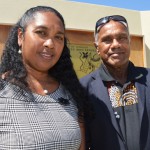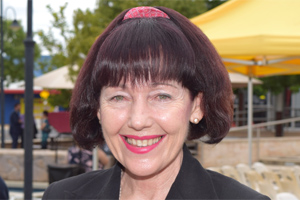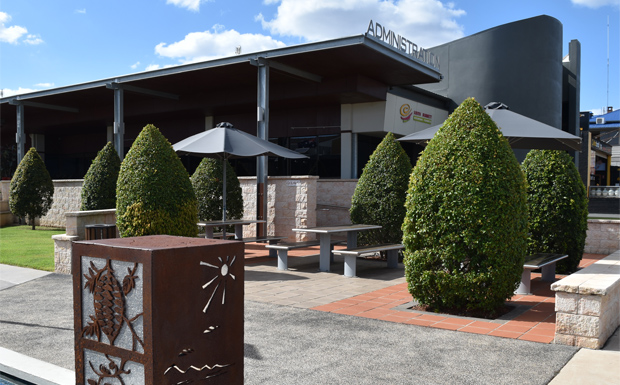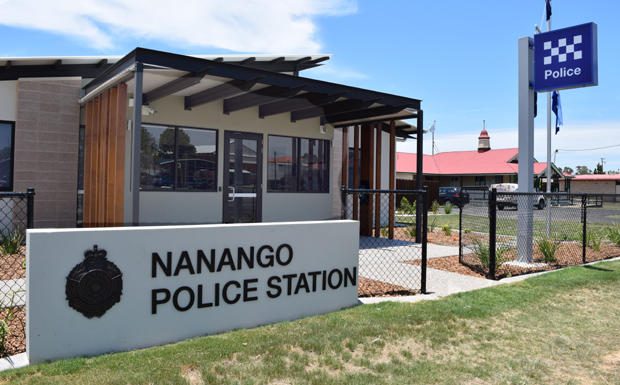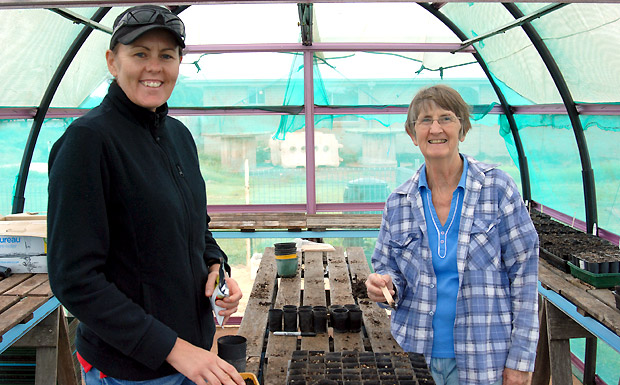
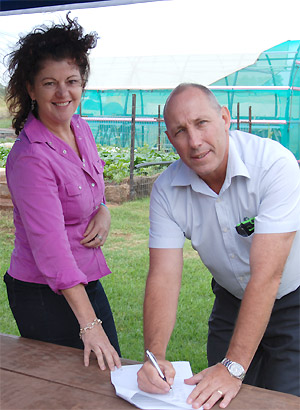
April 12, 2013
A plan to form a food hub in the South Burnett that could create hundreds of jobs over the next five years took another step forward this week.
Not-for-profit food group Growing The Burnett signed a $66,000 contract with the Federal Government to provide horticultural training to South Burnett jobseekers.
The agreement with the Department of Education, Employment and Workplace Relations will allow participants to receive practical farm work experience, along with accredited training in 15 competencies as they study for a Certificate II in Horticulture.
Growing The Burnett vice president Ross Anderson said the Commonwealth’s support would benefit the region’s horticulture industry as well as program participants.
“This training grant is a great opportunity for the young people of the Burnett,” he said.
“Seeds have already been planted at our group’s Red Earth Farm in Memerambi, and everything is ready for this program to get underway.”
The grant will also help pay for training equipment, which will allow the group to undertake future training programs when the DEEWR project winds up.
Brian Jarvis, the founder of Growing The Burnett, says the grant is a recognition of both the potential of the region and the project’s aims.
“As one of only a few organisations to have received federal funding, our committee is very excited about what our project will bring to the South and North Burnett,” he said.
Growing The Burnett Inc was established two years ago after Mr Jarvis ran a series of seminars in the South and North Burnett to discuss food production issues.
The group’s main aims are to improve the region’s food security, raise farm incomes and expand farm employment opportunities.
It wants to do this by creating viable small-acreage farms and re-introducing local food distribution systems, such as farmers’ co-ops.
This would allow South Burnett customers to buy farm-fresh local produce from local food distribution centres at or below supermarket prices, but substantially increase local farm incomes by removing expensive food transport from the equation.
“At the moment, if you buy a Gayndah orange from a supermarket, chances are it’s been transported from Gayndah to that supermarket’s storage and distribution centre in Melbourne, and then transported all the way back to the South Burnett,” Mr Jarvis explained.
“This makes perfect sense for the supermarket because it has to ship Gayndah oranges to stores all over the country.
“But it makes no sense if you live in an agricultural area where that food could be grown and consumed locally. And it slashes farm incomes because the cost of all that transport comes out of the farmer’s profit.”
Mr Jarvis says that studies have shown the average food producer whose products are sold through supermarkets makes about 8 cents in the dollar.
But if their products were sold through local food co-ops, their returns could rise to 32 cents in the dollar.
This would give consumers fresher high quality food at no extra cost, but quadruple farm incomes.
And since small acreage cropping is labour-intensive, it would also create strong demand for horticulturalists as well as the means to pay for their services.
Last December Growing The Burnett took an eight-year lease on a 170 acre farm at Memerambi, which they’ve now called “Red Earth Farm”, to use as their headquarters, equipment storage and trial cropping area.
“Right now we’re experimenting with various crops to see what grows well here and what doesn’t,” Mr Jarvis said.
“We think most common household fruits and vegetables will grow well in the Burnett, but we need to test as many varieties as possible to see what sort of results we’ll get.”
The horticultural training program is part of the group’s plan to create a mobile workforce that could be hired out to similar farms in future for seeding, weeding, maintenance and harvesting work.
The group’s next step will be to begin producing crops which can be sold through local markets and other food outlets.
Growing The Burnett currently has 50 paid-up members involved in the project and a mailing list of more than 400. It welcomes anyone with an interest in small-acreage farming, share-farming, organic farming or permaculture.
The group can be contacted by phoning 0417-756-528 or by email
Anyone interested in taking up one of the positioons in Growing The Burnett’s horticultural program should contact Bob Felsman at Employment Matters by phoning him on 0429-000-139 or by email.
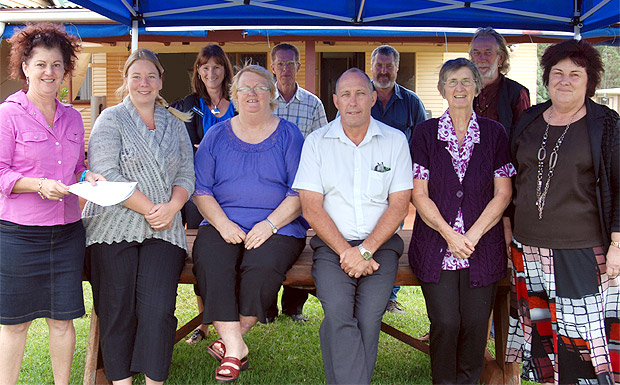
Related articles:







